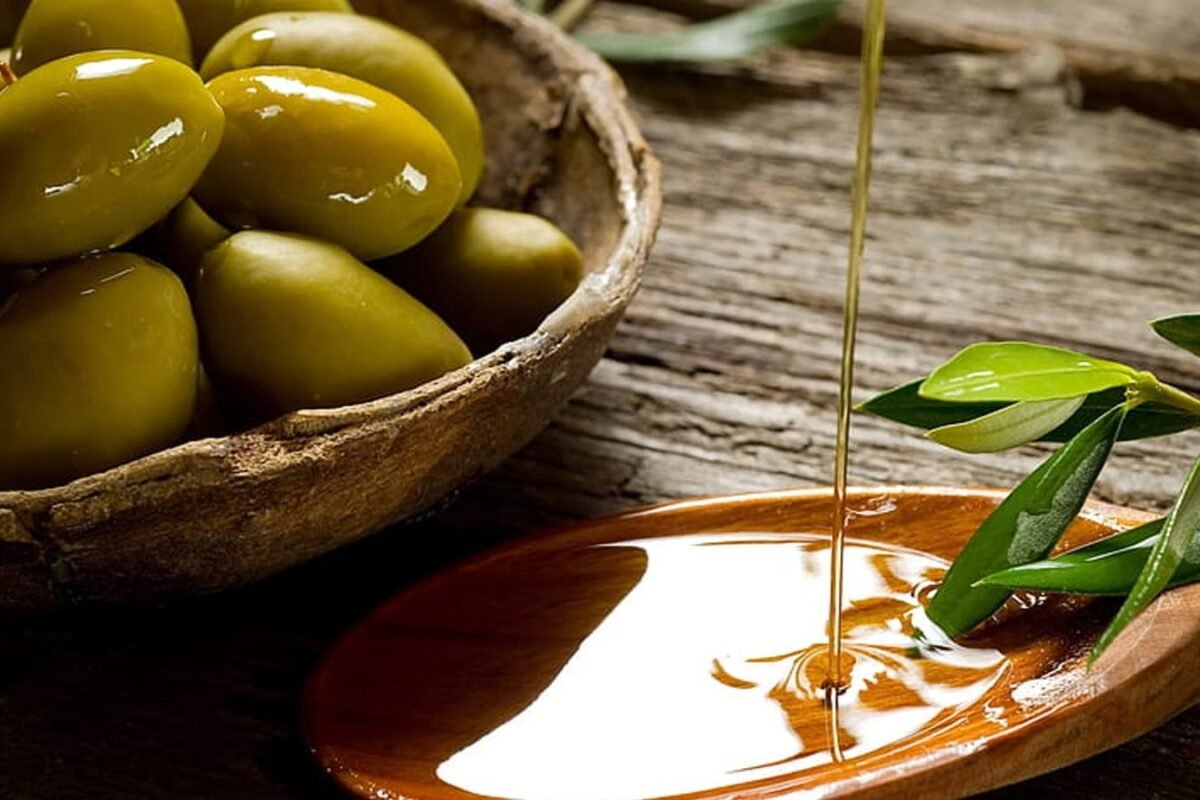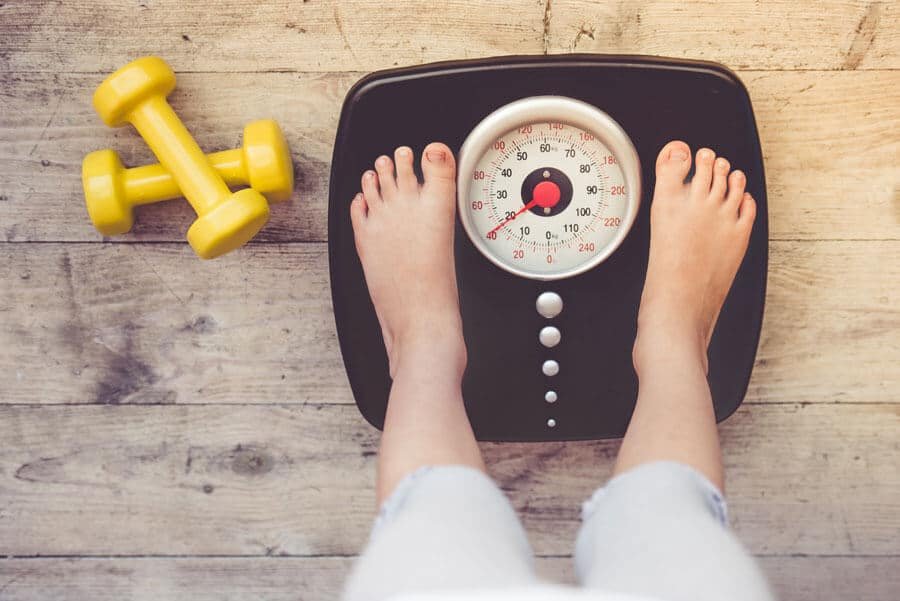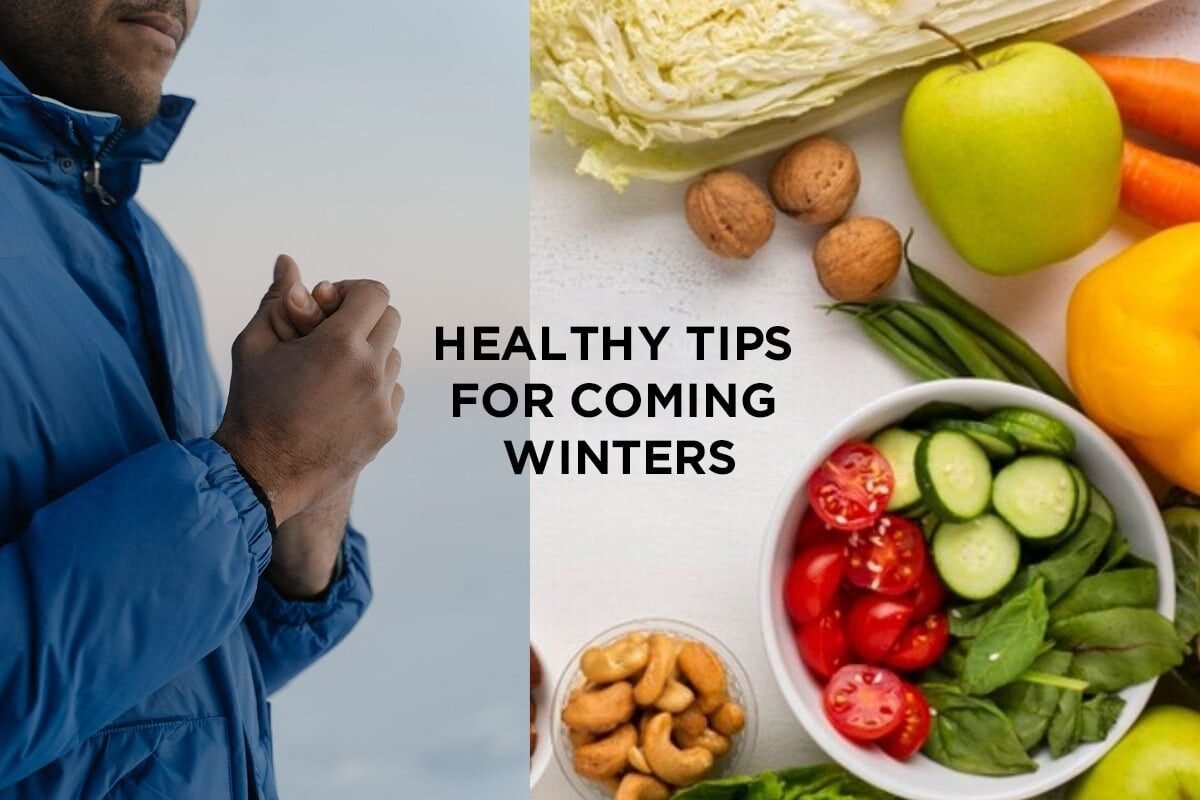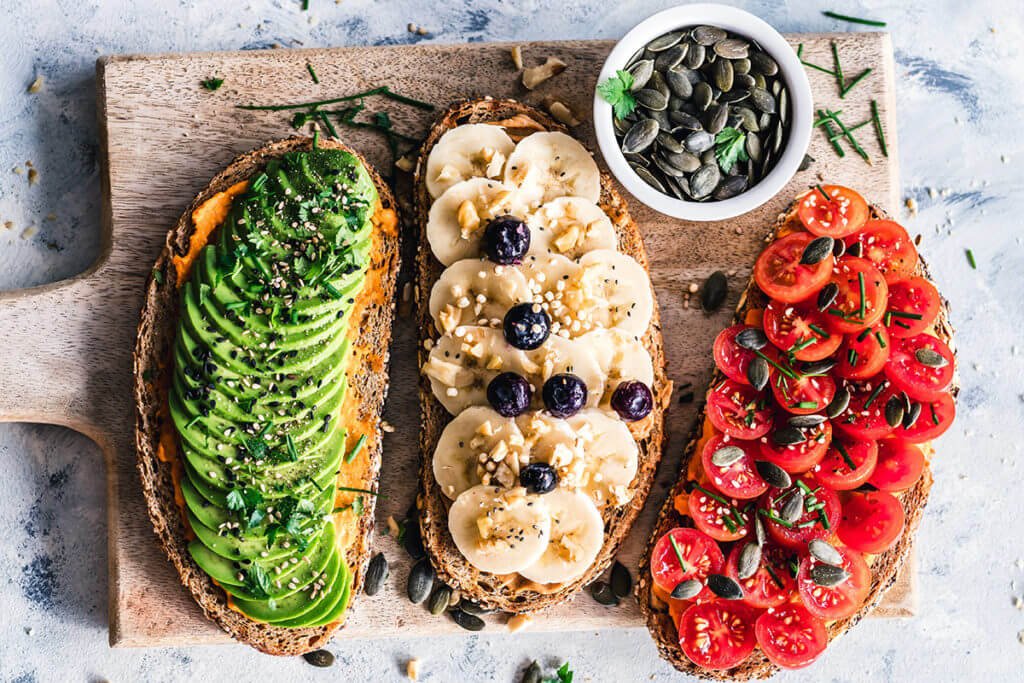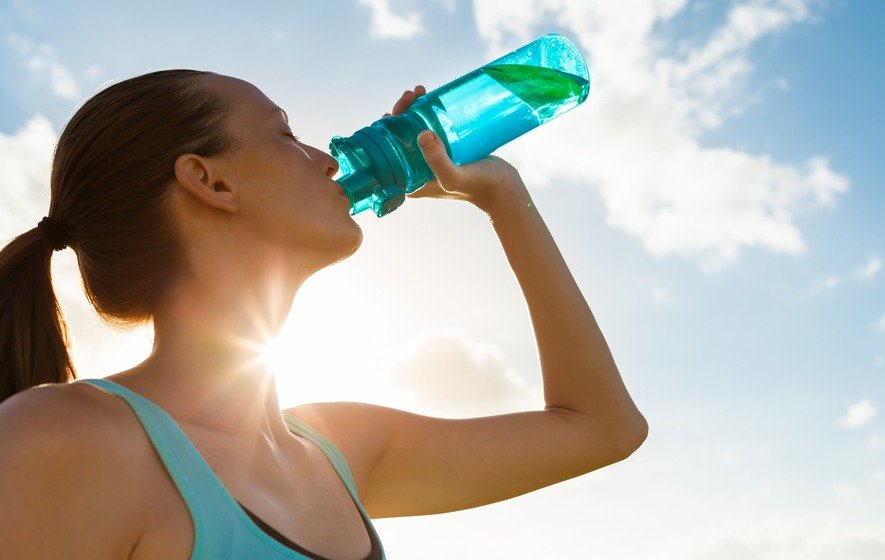Derived from the essence of olives, olive pomace oil brings unique qualities that can greatly enhance your culinary repertoire. Here are three compelling reasons to explore the potential of olive pomace oil in your cooking endeavors:
• Versatile Flavor Profile – A Perfect Companion for Diverse Cuisines
Olive pomace oil boasts a gentle and adaptable flavor, making it an excellent choice for a wide range of cuisines. Unlike the bold notes of extra virgin olive oil, olive pomace oil seamlessly blends with various spices and ingredients, allowing the true essence of each dish to shine. Whether you’re stir-frying vegetables, marinating meats, or indulging in deep-fried delicacies, olive pomace oil’s subtle character harmonizes with diverse flavors.
• Exceptional Heat Tolerance – Safeguarding Nutritional Integrity at High Temperatures
With a remarkable smoke point that spans between 460°F and 480°F (240°C and 250°C), olive pomace oil excels in high-heat cooking techniques. It retains its nutritional value even when subjected to high temperatures, making it a healthier choice for frying, searing, and sautéing. Unlike many other cooking oils that lose their beneficial properties when exposed to heat, olive pomace oil stands strong, ensuring your dishes remain both delicious and nutritious.
• Health-Promoting Qualities – A Treasure Trove of Essential Elements
Olive pomace oil offers a wealth of health benefits. It’s rich in heart-friendly monounsaturated fatty acids and contains potent antioxidants that combat inflammation and oxidative stress within the body. Some producers even enrich olive pomace oil with extra vitamins, such as Vitamins A, D, E, and K, further enhancing its nutritional profile and contributing to its health-enhancing attributes.
In summary, olive pomace oil emerges as a versatile and health-conscious choice for your culinary endeavors. Its adaptable flavor profile complements a wide array of cuisines, and its exceptional heat tolerance opens the door to various cooking techniques without compromising its nutritional integrity. Packed with beneficial fatty acids, antioxidants, and added vitamins, olive pomace oil proves to be a wholesome and tasteful option for your cooking needs.

